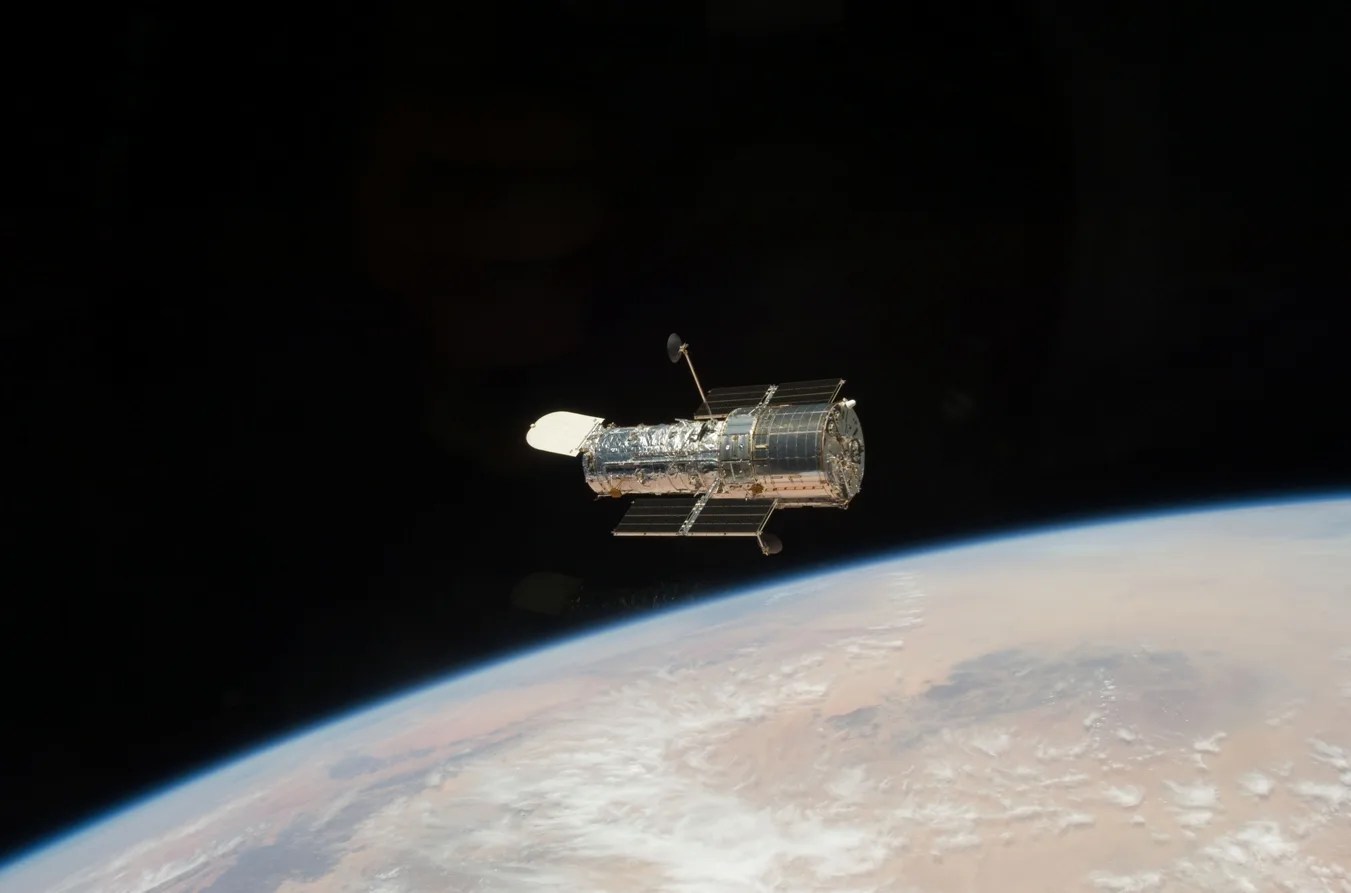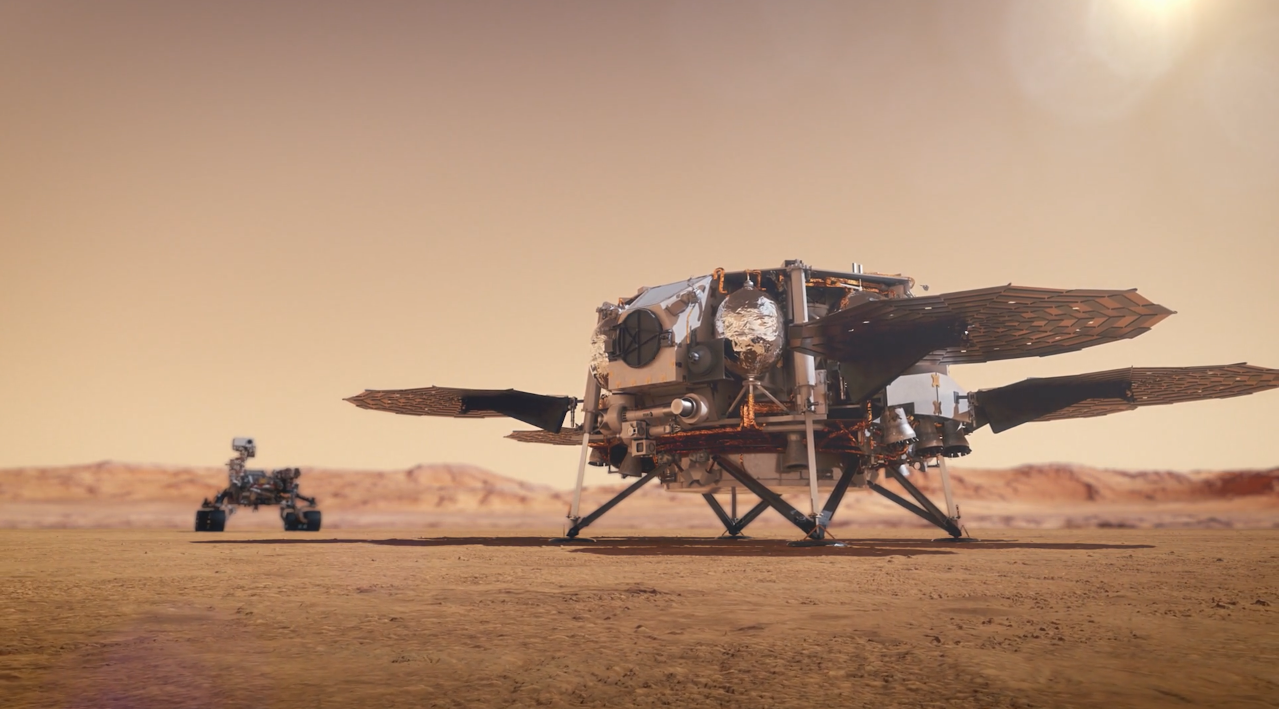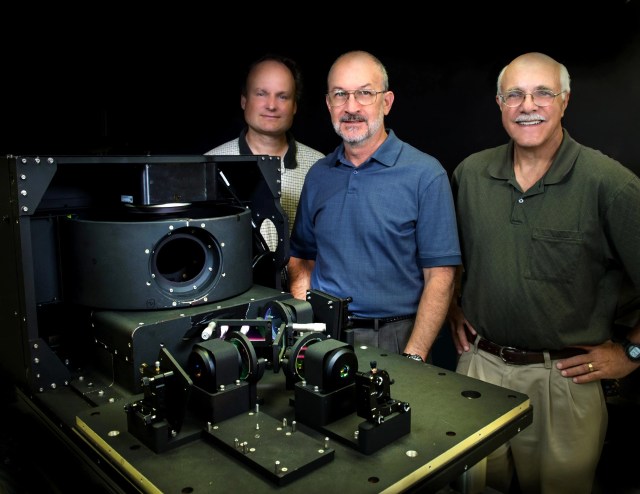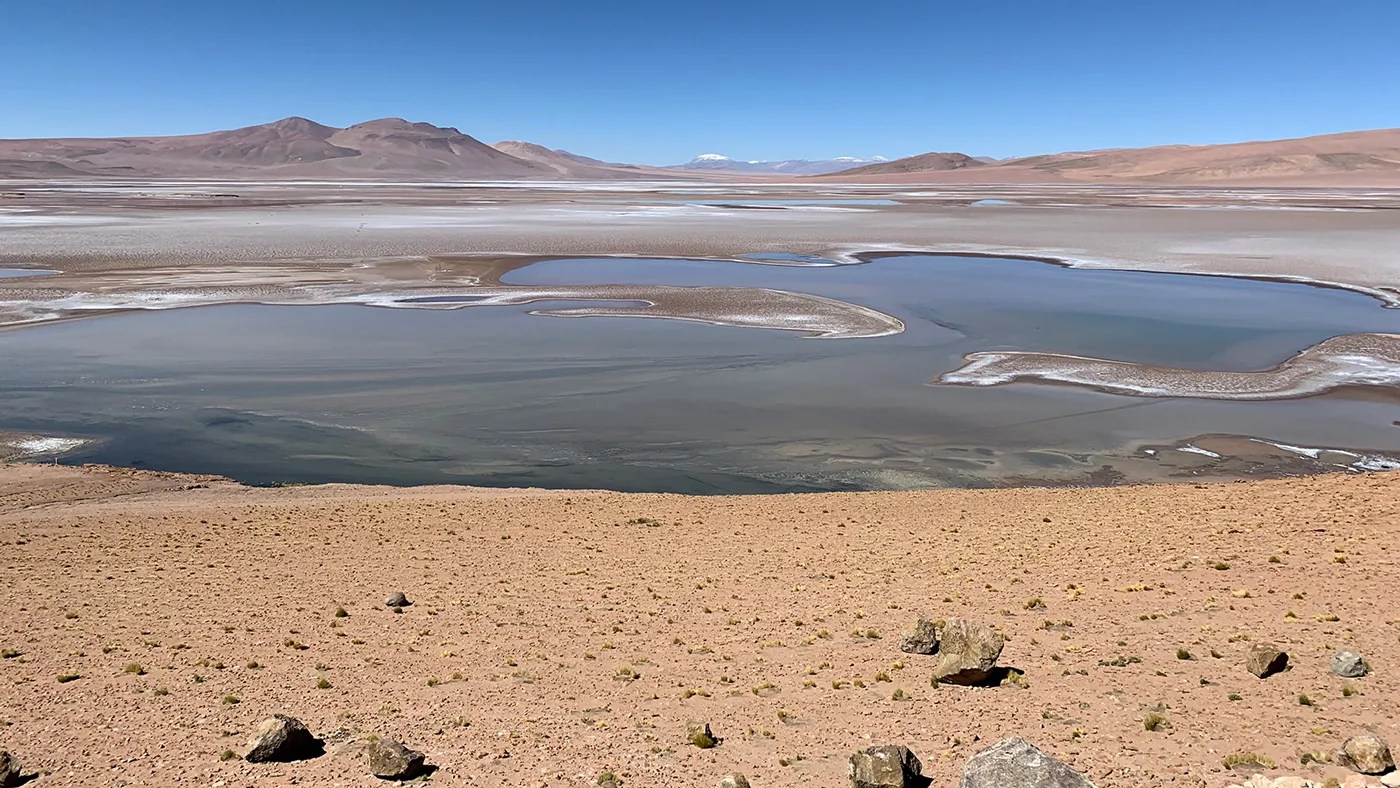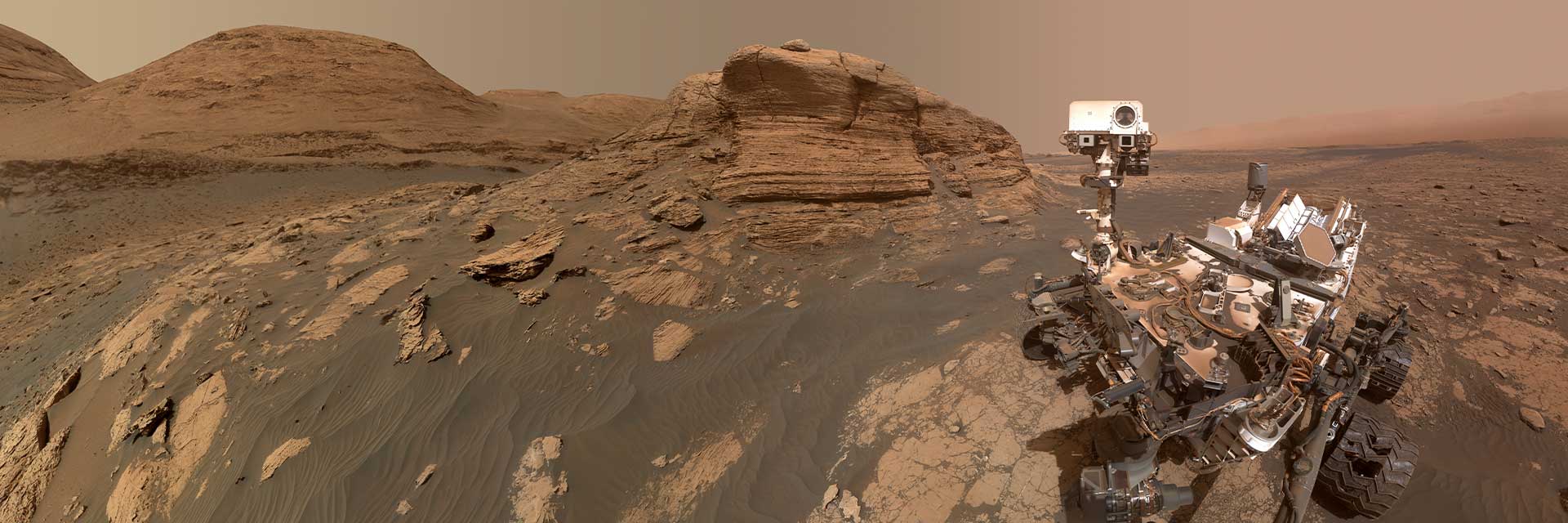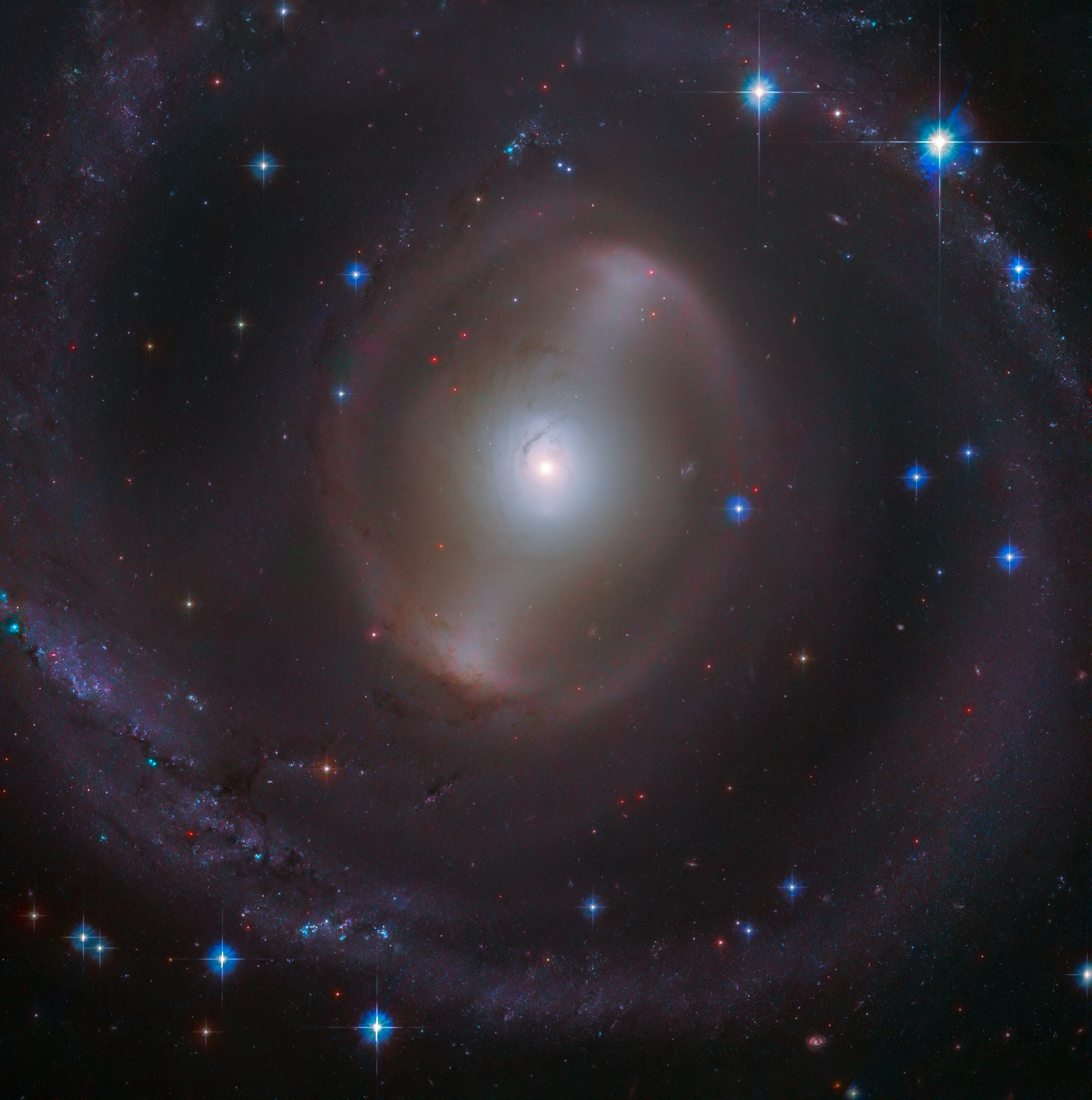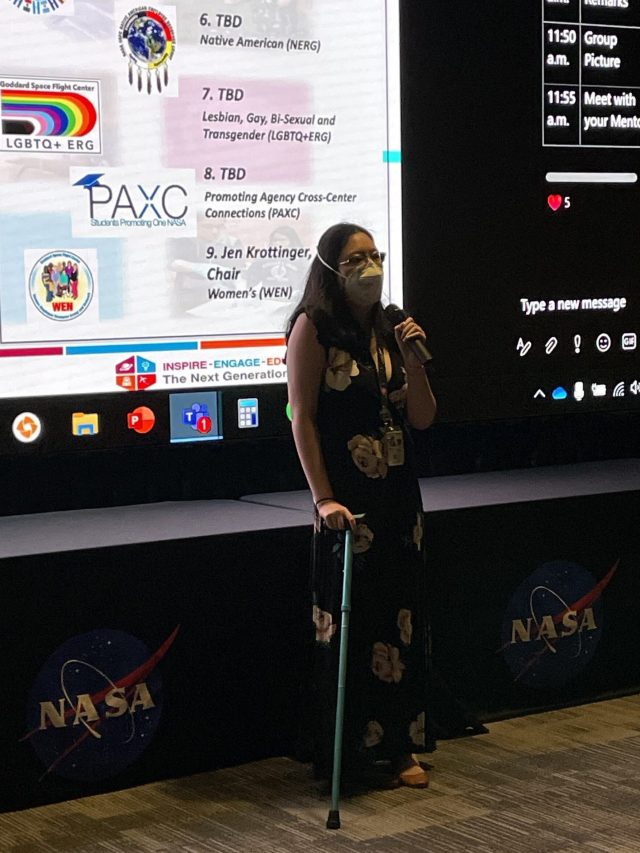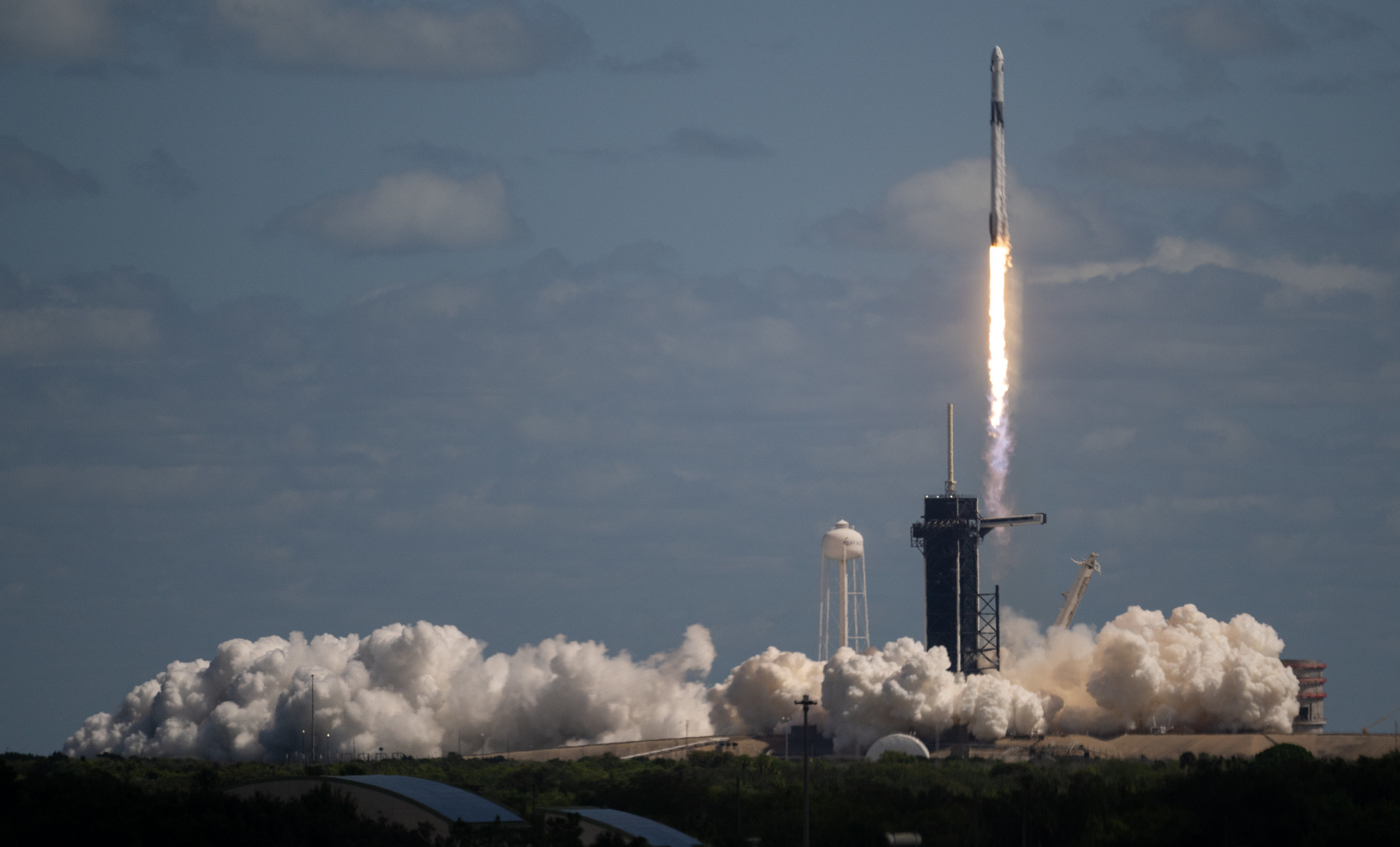
The crew members assigned to NASA’s SpaceX Crew-5 mission are in orbit following their launch to the International Space Station noon EDT Wednesday, from Launch Complex 39A at NASA’s Kennedy Space Center in Florida. The international crew will serve as the agency’s fifth commercial crew rotation mission with SpaceX aboard the orbital laboratory.
A SpaceX Falcon 9 rocket propelled the Dragon Endurance spacecraft into orbit carrying NASA astronauts Nicole Mann as mission commander, and Josh Cassada, pilot. JAXA (Japan Aerospace Exploration Agency) astronaut Koichi Wakata and Roscosmos cosmonaut Anna Kikina, also aboard the Dragon, will serve as mission specialists for their science expedition in microgravity aboard the space station.
“Missions like Crew-5 are proof we are living through a golden era of commercial space exploration. It’s a new era powered by the spirit of partnership, fueled by scientific ingenuity, and inspired by the quest for new discoveries,” said NASA Administrator Bill Nelson. “During their stay aboard the International Space Station, Crew-5 will conduct more than 200 science experiments and technology demonstrations, including studies on printing human organs in space and better understanding heart disease. While our eyes are focused upward on the heavens, let us never forget these missions will also better life here on Earth.”
This is the first spaceflight for Mann, Cassada, and Kikina, and the fifth for Wakata. This is the sixth SpaceX flight with NASA astronauts – including the Demo-2 test flight in 2020 to the space station – as part of the agency’s Commercial Crew Program.
During Dragon’s flight, SpaceX will monitor a series of automatic spacecraft maneuvers from its mission control center in Hawthorne, California, and NASA teams will monitor space station operations throughout the flight from the Mission Control Center at the agency’s Johnson Space Center in Houston.
Dragon will dock autonomously to the space-facing port of the station’s Harmony module around 4:57 p.m. Thursday, Oct. 6. NASA Television, the NASA app, and the agency’s website will provide live coverage of docking and hatch opening. NASA also will cover the ceremony to welcome the crew aboard the orbital outpost about 8:15 p.m.
Mann, Cassada, Wakata, and Kikina will join the space station’s Expedition 68 crew of NASA astronauts Bob Hines, Kjell Lindgren, Frank Rubio, and Jessica Watkins, ESA (European Space Agency) astronaut Samantha Cristoforetti, and Roscosmos cosmonauts Sergey Prokopyev and Dmitri Petelin. For a short time, the number of crew aboard the space station will increase to 11 people until Crew-4 astronauts Hines Lindgren, Watkins, and Cristoforetti return to Earth a few days later.
Crew-5 will spend several months aboard the space station conducting new scientific research in areas, such as cardiovascular health, bioprinting, and fluid behavior in microgravity to prepare for human exploration beyond low-Earth orbit and to benefit life on Earth.
“The International Space Station continues to serve a critical role in helping NASA and our partners understand and maximize the unique attributes of the microgravity environment,” said Kathryn Lueders, associate administrator for NASA’s Space Operations Mission Directorate in Washington. “I am grateful to the many people who worked to ensure a safe Crew-5 launch despite the recent hurricane so the crew can fulfill their mission to the orbiting laboratory.”
The Crew-5 mission continues NASA’s efforts to maintain American leadership in human spaceflight. Regular commercial crew rotation missions enable NASA to continue the important research and technology investigations taking place aboard the station. Such research benefits people on Earth and lays the groundwork for future human exploration through the agency’s Artemis missions, which will send astronauts to the Moon to prepare for future expeditions to Mars
Meet Crew-5
As commander, Mann is responsible for all phases of flight, from launch to re-entry, and will serve as an Expedition 68 flight engineer. This will be her first spaceflight since becoming an astronaut in 2013. Mann was born in Petaluma, California, and will be the first indigenous woman from NASA in space. She is a colonel in the U.S. Marine Corps, and she served as a test pilot in the F/A-18 Hornet and Super Hornet.
Cassada is the spacecraft pilot and second in command for the mission. He is responsible for spacecraft systems and performance. Aboard the station, he will serve as an Expedition 68 flight engineer. This will be his first flight since his selection as an astronaut in 2013. Cassada grew up in White Bear Lake, Minnesota, and is a physicist and U.S. Navy test pilot.
Wakata will be making his fifth trip to space and as a mission specialist he will work closely with the commander and pilot to monitor the spacecraft during the dynamic launch and re-entry phases of flight. Once aboard the station, he will serve as a flight engineer for Expedition 68. With Crew-5’s launch, Dragon will be the third different type of spacecraft Wakata has flown to space.
Kikina will be making her first trip to space, and will serve as a mission specialist, working to monitor the spacecraft during the dynamic launch and re-entry phases of flight. She will be a flight engineer for Expedition 68.
Learn more about NASA’s SpaceX Crew-5 mission and Commercial Crew Program at:
https://www.nasa.gov/commercialcrew
-end-
Josh Finch / Lora Bleacher
Headquarters, Washington
202-358-1100
joshua.a.finch@nasa.gov / lora.v.bleacher@nasa.gov
Brittney Thorpe / Kathleen Haas Ellis
Kennedy Space Center, Fla.
321-867-2468
brittney.thorpe@nasa.gov / kathleen.h.ellis@nasa.gov
Dylan Connell / Dan Huot
Johnson Space Center, Houston
281-483-5111
dylan.b.connell@nasa.gov / daniel.g.huot@nasa.gov
Josh Finch / Lora Bleacher
Headquarters, Washington
202-358-1100
joshua.a.finch@nasa.gov / lora.v.bleacher@nasa.gov
Brittney Thorpe / Kathleen Haas Ellis
Kennedy Space Center, Fla.
321-867-2468
brittney.thorpe@nasa.gov / kathleen.h.ellis@nasa.gov
Dylan Connell / Dan Huot
Johnson Space Center, Houston
281-483-5111
dylan.b.connell@nasa.gov / daniel.g.huot@nasa.gov


